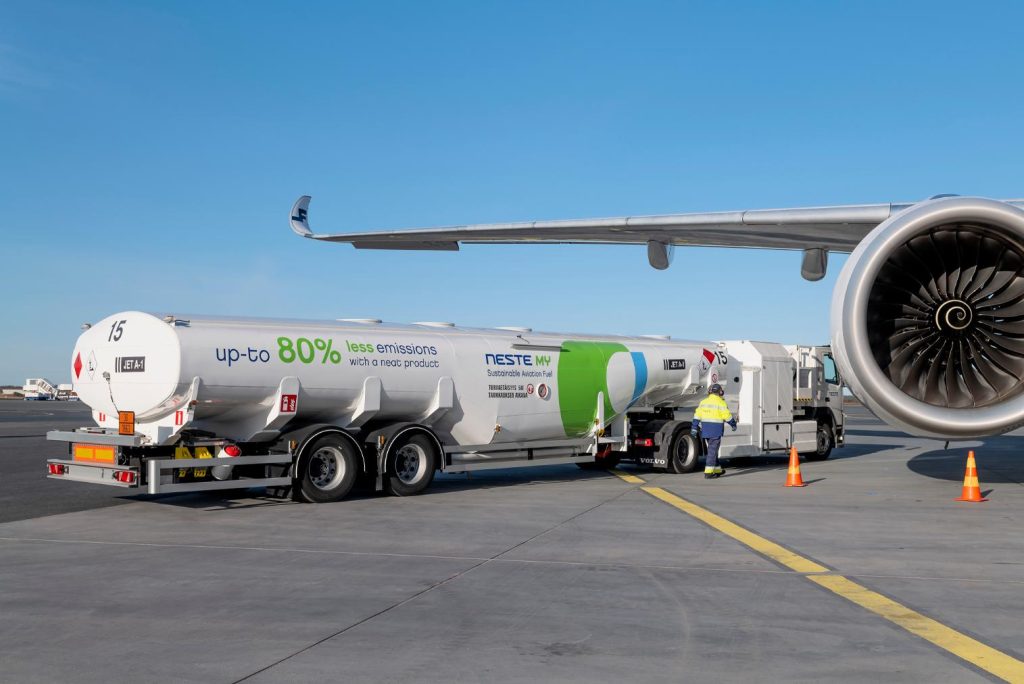The chief economist of the International Air Transport Association (IATA) emphasized the pressing need for the oil and gas sector, along with alternative fuel producers, to enhance their endeavors in producing greener aviation fuel. Speaking on Wednesday, the IATA official highlighted the aviation industry’s responsibility to reduce carbon emissions, given its estimated contribution of 2-3% to global carbon emissions—an intricate challenge compared to other modes of transportation.
Sustainable aviation fuel (SAF) emerges as a pivotal solution, capable of reducing aviation emissions by up to 80%. Despite its potential, SAF currently constitutes a mere 0.2% of global jet fuel usage, amounting to approximately 500,000 metric tons, falling short of industry expectations according to IATA figures. Moreover, the cost of SAF ranges between three to five times higher than traditional jet fuel.
The IATA chief economist underscored a notable disparity, revealing that only 3% of global oil and gas capital budgets are directed towards SAF production, despite higher profit margins in the sector compared to aviation—anticipated to reach a 2.7% profit margin in 2024.
To meet environmental targets, projections indicate a requirement of 500 million metric tons of SAF by 2050, with 63 million metric tons expected to be in production by 2030, as per IATA forecasts. Acknowledging the financial burden, IATA emphasized the need for collaborative efforts, indicating that the investment responsibility cannot be solely shouldered by airlines.
The IATA official estimated that airlines may need to allocate up to $2.4 billion in 2024, in addition to regular costs, to secure sufficient SAF. While numerous airlines globally have entered into agreements with SAF producers, concerns persist regarding oversupply and uncertainty about long-term demand.
Responding to statements from a Neste executive about potential excess SAF production capacity by 2028, IATA head Willie Walsh dismissed the notion, asserting that every drop of SAF produced has found and will continue to find utilization. The IATA chief economist also stressed the necessity for a more globally oriented SAF market to meet demand on a worldwide scale.
In response, a Neste spokesperson emphasized the importance of regulatory support to establish the required demand certainty, asserting that, aligned with global demand, excess capacity would not be an issue.

